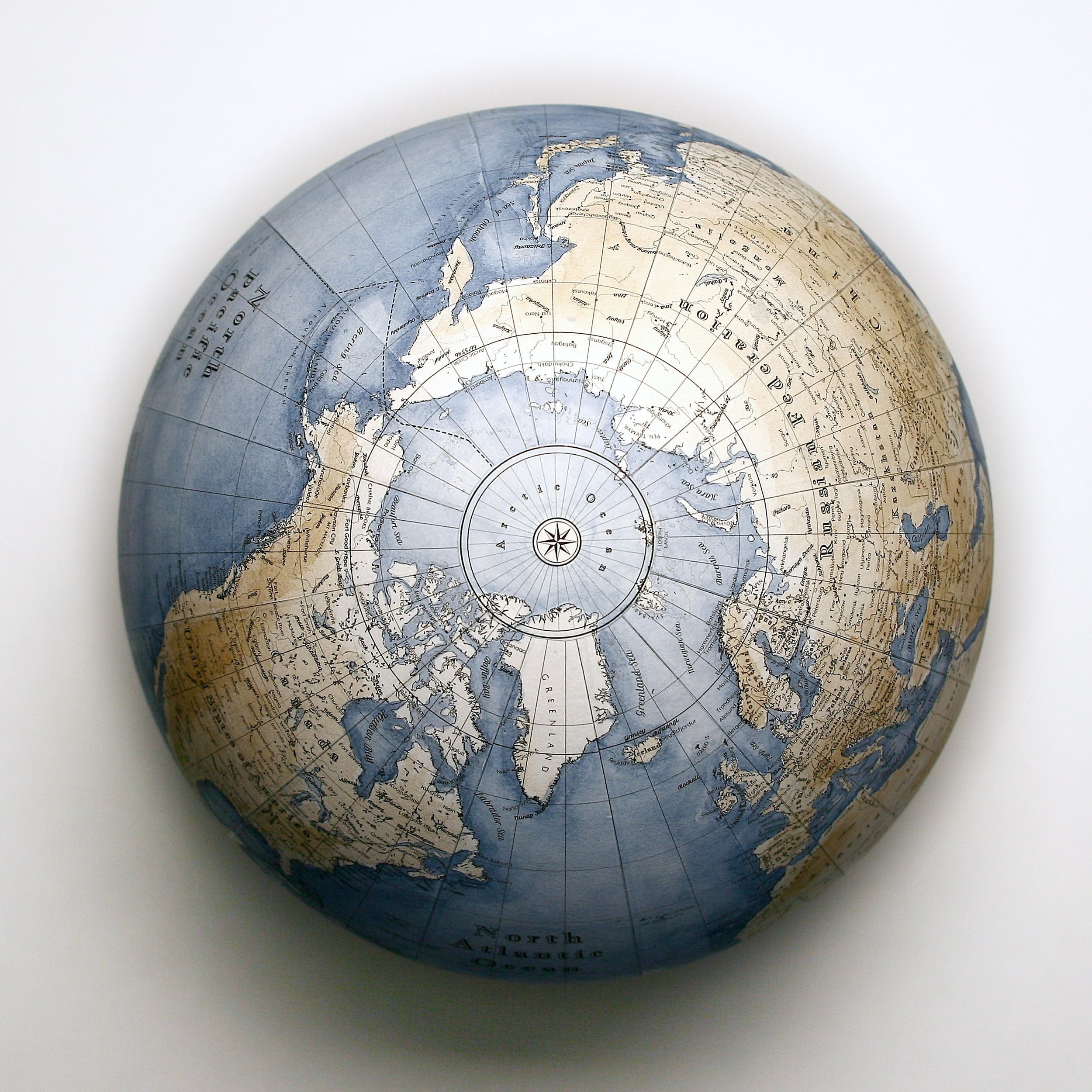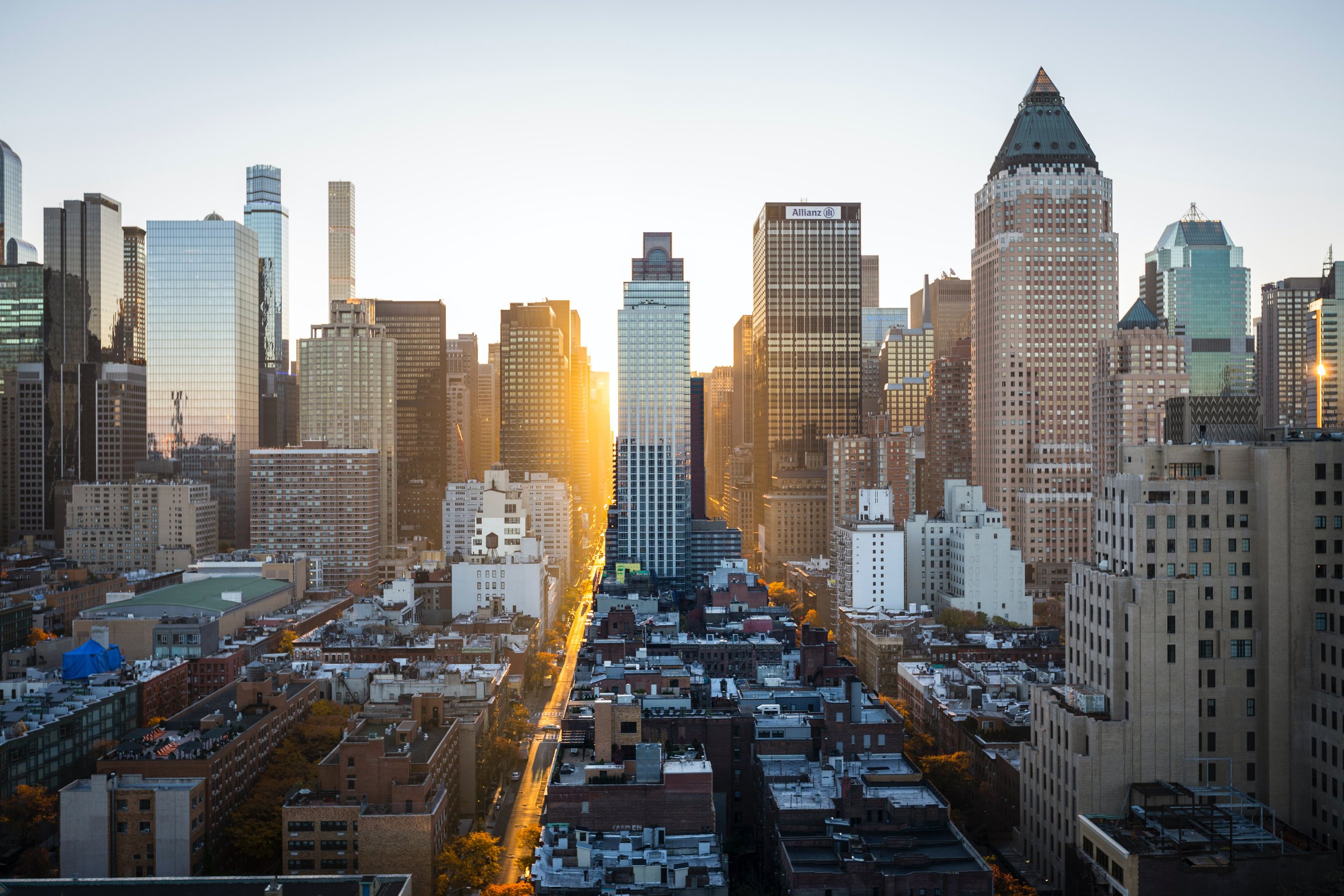Ignite Talks is a global public speaking community.
-

16 Years
Ignite began as a single event in Seattle, WA, USA in 2006 hosted by co-founders Brady Forrest & Bre Pettis.
-

6 Continents
It quickly spread across the globe, with local community leaders picking up the torch and organizing events.
-

350 Cities
Ignite events have been held in cities big and small, as well as at schools and conferences. More events are added every day.
Presenters must work within a unique framework.
-

5 Minutes
Every Ignite talk lasts 5 minutes. No more, no less. Talk about anything you are passionate about, but get to the point, and get there quick.
-

20 Slides
The majority of audiences are visual learners, so slides with interesting imagery are a key element of why Ignite talks are so engaging.
-

15 Seconds
Slides auto-advance every 15 seconds, so you must be clear and concise with your words. Focus on making every word count.
Constraints challenge speakers to be creative.
-

Focus
It all begins with an idea. But then the real work is drilling down to the essence of that idea to clearly convey the core elements.
-

Innovation
Creative constraints motivate speakers to dig for connections where they otherwise might not have seen them and generate novel ideas.
-

Delight
Ignite audiences are incredibly warm and welcoming. They know how hard it is to be on stage, and they want to see speakers succeed.
What makes Ignite Talks unique?
“Ignite enables people everywhere to share ideas and learn to communicate with confidence. This is built into the format. The auto-advancing equalizes the playing field for the speakers while making the talks exciting for the audience. The audience gets to hear lots of ideas in a short time, plus the talks are only 5 minutes so if you’re bored you can go grab a beer.”
Brady Forrest
Ignite Co-Founder & CEO
Ignite would like to thank O’Reilly Media for being our founding sponsor and for standing by us as we grow.
A few of the institutions that have hosted Ignite events…
The White House, Washington, D.C., USA
California Polytechnic State University, California, USA
Stockton University, New Jersey, USA
Tarbiat Modares University, Iran
University of Arkansas, Arkansas, USA
University of California San Diego, California, USA
University of Monastir, Tunisia
Clemson University, South Carolina, USA
Binghamton University, New York, USA
Ainshams University, Egypt
Oral Roberts University, Oklahoma, USA
The Millennium Universal College, Pakistan
University of Mostaganem, Algeria
University of San Carlos, Philippines
Colorado School of Public Health, Colorado, USA
Effat University, Saudi Arabia
Taif University, Saudi Arabia
Instituto Superior Técnico, Portugal
Nirma University, India
University of Rochester, New York, USA
FAQs
-
The short answer is: it started with geeks—a mix of men and women talking about geeky subjects—and quickly became more broadly appealing.
Two friends, Brady Forrest and Bre Pettis, wanted to throw an event in Seattle that was a combination of a DIY icebreaker and a series of fast, geek talks. The first event was in December 2006. They threw a second event in February 2007. Then in April 2007 they did one in San Francisco. It happened that several of the audience members were attending a conference called Web 2.0 at that time. One of them did a writeup in CNET about the event and that’s when it started really growing. The first other Ignite Talks event they heard about was Ignite Des Moines.
Since then, Ignite Talks have been hosted on a variety of topics in cities, at community centers, at schools, and at conferences.
-
Ignite Marquee is the new traveling main stage event for Ignite Talks. Our Marquee events feature a series of curated speakers, some of them chosen from our community chapters, who are seasoned to perfection and ready to seriously delight our audiences. Just like the Ignite events you know and love, speakers present on the topic of their choice and have precisely 5 minutes to amuse, educate, enlighten, or inspire the audience.
Ignite Marquee is the next stage in the evolution of Ignite—a stage for speakers to step onto once they have really honed their talk and wowed their local communities. Unlike community chapters, Ignite Marquee events are organized and hosted by Ignite Talks HQ. They are not bound to any one geography, but instead, travel the world in search of the best Ignite talks around the globe.
The very first Ignite Marquee event was held in San Francisco on November 8, 2022.
-
Ignite Talks is designed to be many speedy presentations. We found this to be a great format for making sure that it’s a level playing field, you can fit a lot of content, and keep it super engaging for the audience. And, as you will learn when you make a talk, constraints breed creativity.
-
Yep! Those are the rules.
-
You can talk about pretty much anything you are passionate about! We’ve had talks about the history of the keyboard, space dust, giving birth, how to help the homeless, how to give an Ignite talk (yes, really!), what happens to your body after you die, the practicality of pessimism, how to make chocolate, and more. The sky is the limit.
Try to stay away from the "I am awesome and so can you" kind of topics. The best talks have a relatable problem and a non-obvious solution.
"People in my community were starving so I volunteered at a soup kitchen" might make you a great person, but it's a poor topic for an Ignite talk.
"People in my community were starving so I played video games to feed them all" is a much better setup.
Here’s what DOESN’T WORK at Ignite Talks:
A business pitch—The audience is there to be entertained and to learn something new, not listen to your pitch.
Hate or discriminatory speech—This should go without saying.
-
Keynote, Powerpoint, or Google slides are all acceptable to create your slides. It’s up to the organizer of your event which program they will ultimately use during the event. Keynote or Powerpoint are the most popular.
-
Yes. But 1) it shouldn’t be longer than 15 seconds (or spread it across multiple slides); 2) always tell the organizer as it can make things “tricky”; 3) as an aside, don’t overly rely on video or audio because it can break the connection with the audience.


